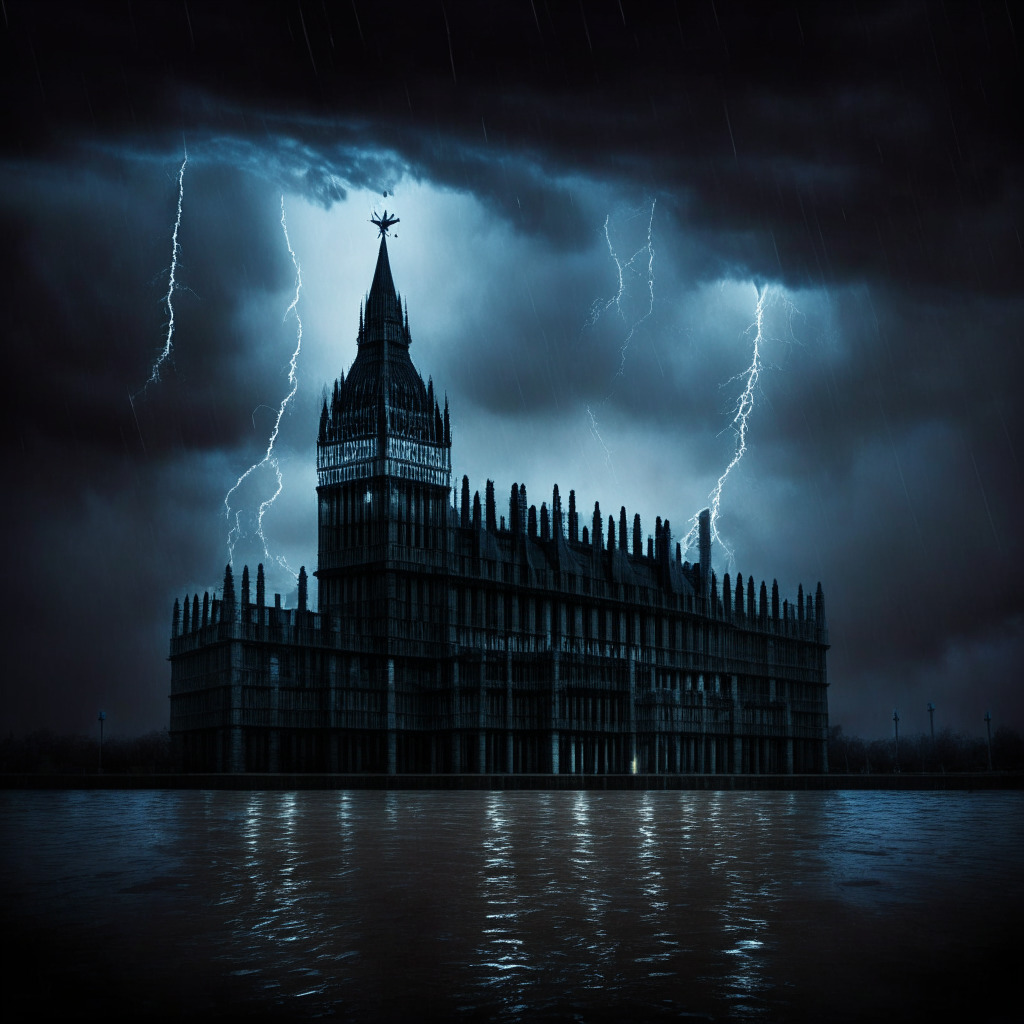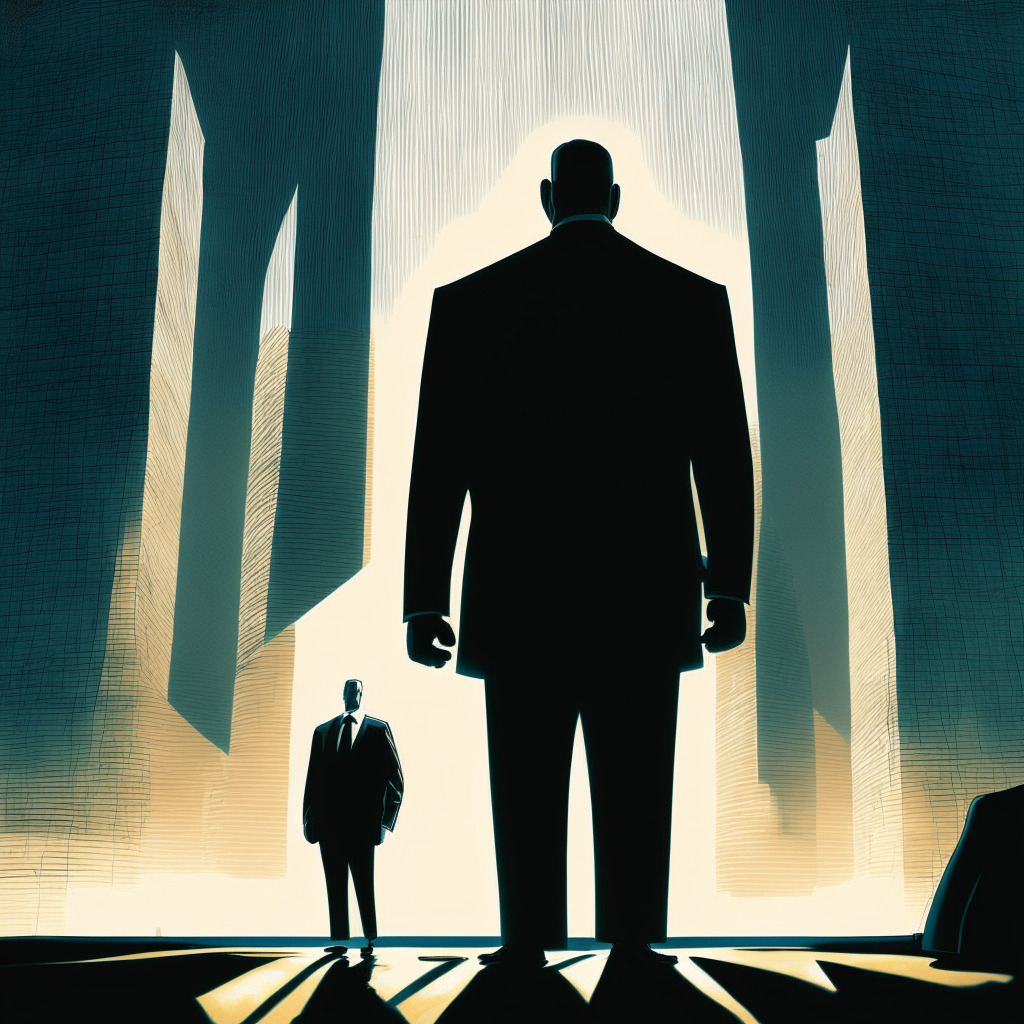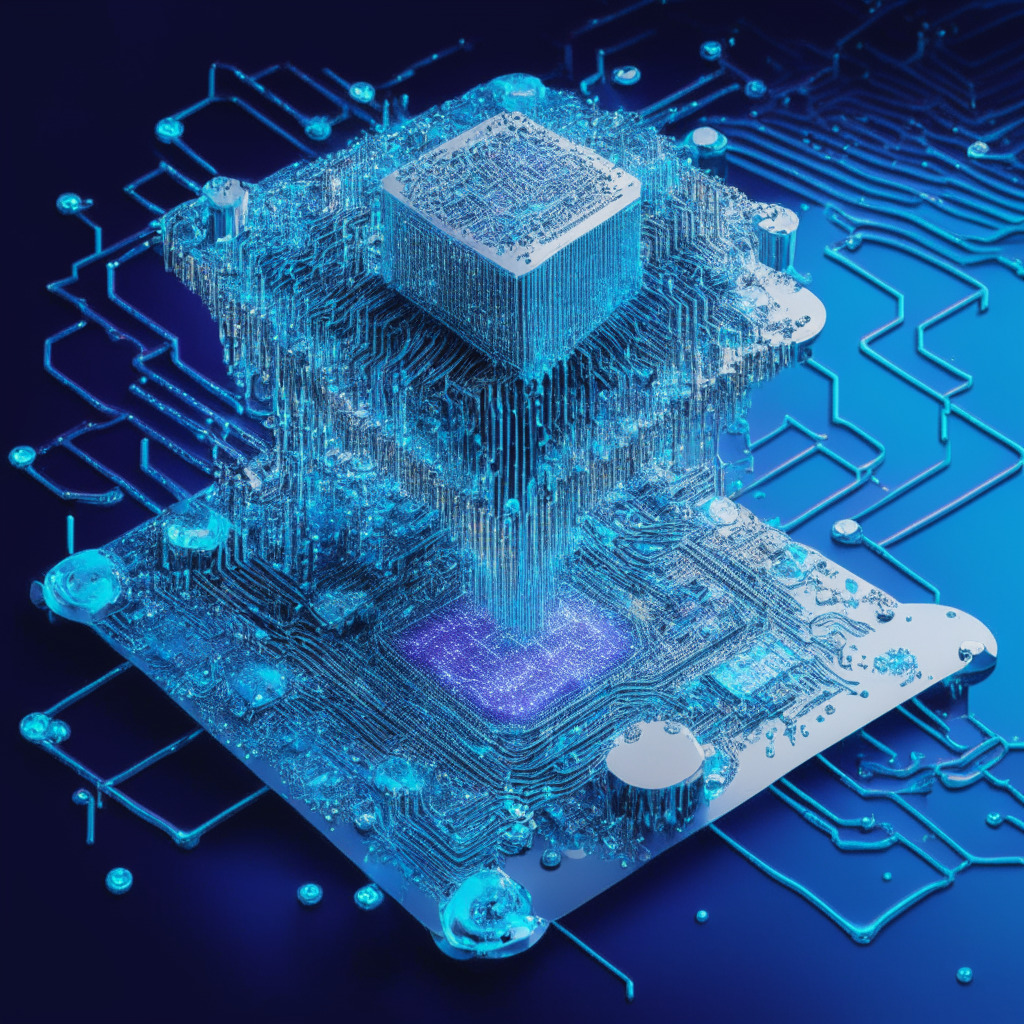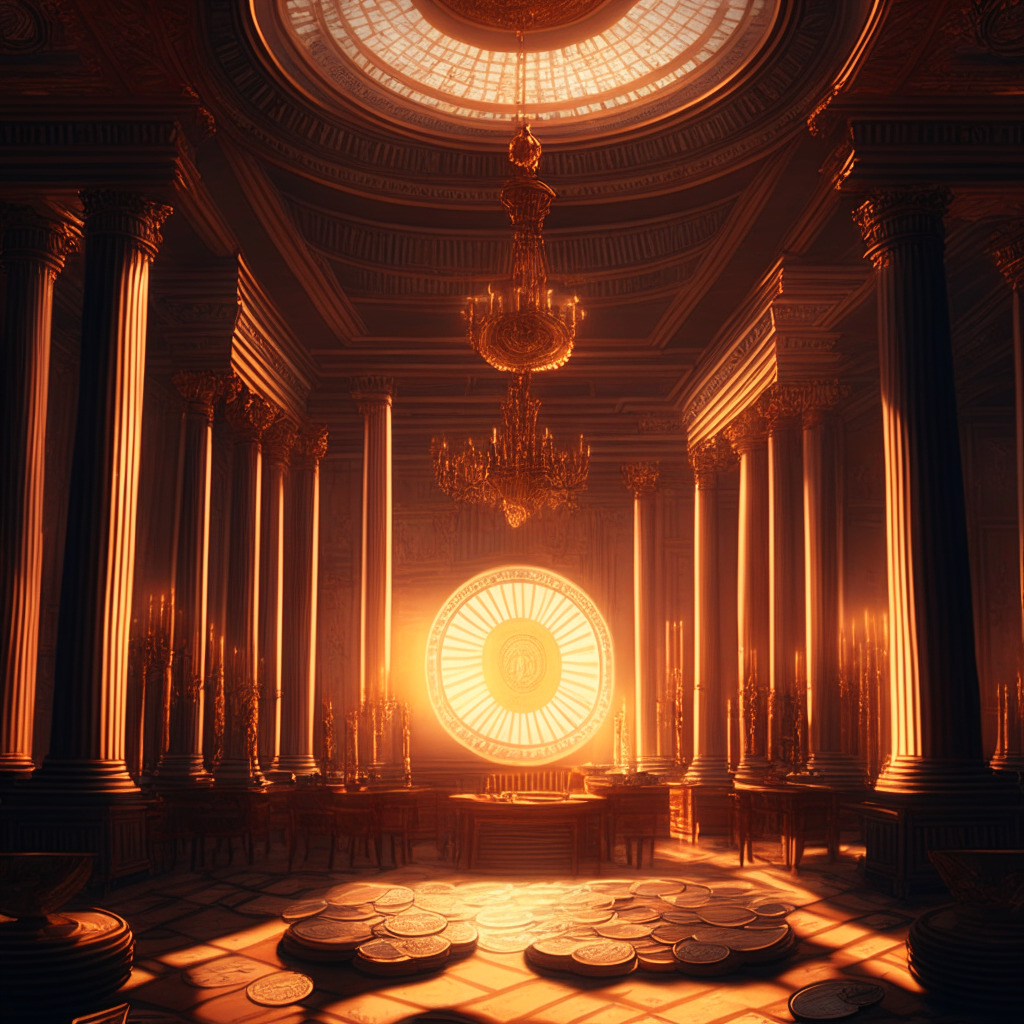A wave of controversy is currently stirring up the United Kingdom’s creative world as the Culture, Media, and Sport Committee has issued a firm calling to its leading administration. The committee, which is composed of 11 members of the British parliament from both sides of the aisle, urged Rishi Sunak’s government to rethink its stand on artificial intelligence developers. At the heart of the friction lies a proposed move that exempts AI from copyright protections when using existing literature, music, and art to train their systems, a move that many creators see as a threat to their livelihood.
As it stands, the government’s plan has been criticised for treating arts and cultural production as mere inputs to AI development, revealing what many feel is a disregard for the creative industry’s necessities. The committee’s report stresses an urgent need for more robust protections, allowing artists to maintain their likeness’ security amid the rapid expansion of generative AI.
Repurposing existing works without due credit to the original creators poses significant problems, label Universal Music has warned, causing widespread, enduring harm, and undermining creators’ rights. The UK Music advocacy group has also voiced opposition to the proposed exemptions, decrying them as a green light for music laundering.
However, these criticisms come as the U.K. government recently announced a $130 million investment slated to bring thousands of new computer chips, contributing to the country’s AI Research Resource by 2024. This scheduled investment forms part of a more comprehensive arrangement to position the U.K. as a global leader in AI technology.
The gravity of the situation pulls in two directions. On one side, the U.K.’s ambition to become a world-leading AI hub the catalyst for change in numerous sectors. But on the other side, the rights of creators must be respected, cherished, and protected. Intellectual property remains a cornerstone of the creative industries. The question here is, how can these industries implement technological growth and transformation while still keeping the worth and rights of original creators intact?
The tug-of-war between AI advancement and the rights of the creative industry has highlighted the necessity for a balanced approach. As the U.K. stands on the precipice of AI transformation, the government must walk a fine line, embracing the potentials of AI without diminishing the value of human creativity on which the culture and arts community stands.
Only time will tell what form this compromise will take. However, it is clear that the dialogue between technological progression and creators’ rights is just beginning.
Source: Cointelegraph




